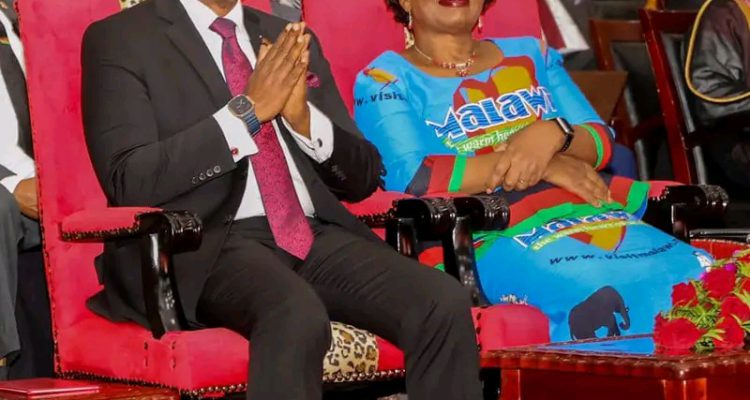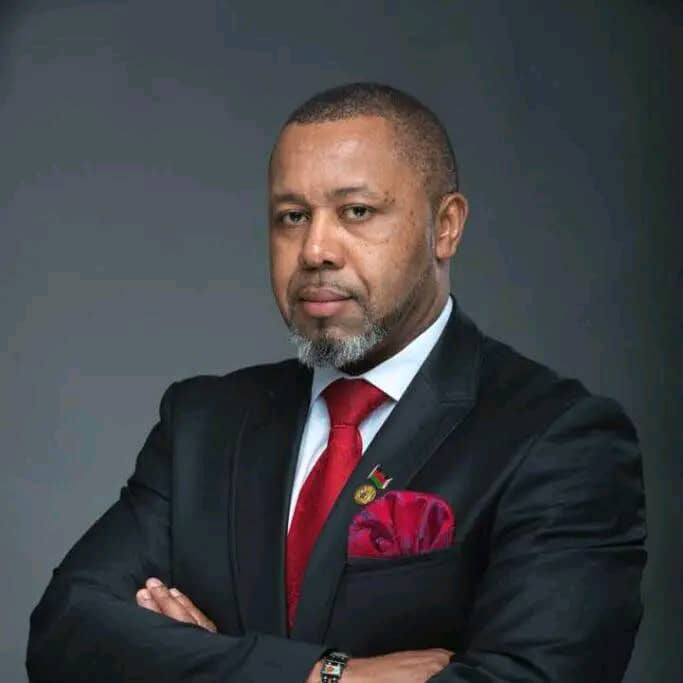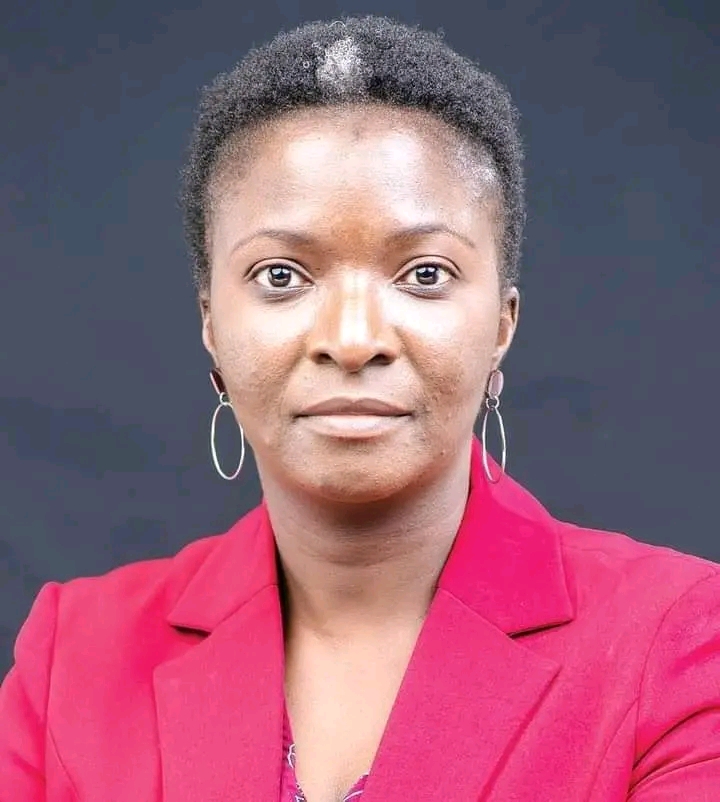
[Part 4]
Continuation…
Host: Burnett Munthali
Q1: How corrupt is the Tonse Alliance Government?
A1: Extremely corrupt. It is the highest level of corruption in Malawi’s history, beginning with President Chakwera, extending through the Vice President, down to the common man in the village. For instance, consider why Vice President Saulos Chilima proposed removing presidential immunity from President Chakwera. He mentioned this when facing corruption and bribery charges himself. Clearly, President Chakwera uses presidential immunity to perpetuate corruption.
Q2: What do you think is wrong with how court orders are granted?
A2: I have previously noted that Malawi’s judiciary, which follows the common law system, should be independent in handling cases. Courts should impartially hear from both corruption suspects and the Anti-Corruption Bureau (ACB) before determining the verdict. Unfortunately, the courts have overstepped by issuing orders that prevent the ACB from interrogating and prosecuting corruption suspects like Kezzie Msukwa, Ashok, and Zunneth Sattar. It’s a case of the system failing its purpose.

Q3: Is the Director General of the Anti-Corruption Bureau doing enough in the fight against corruption in Malawi?
A3: Martha Chizuma is making an effort but not enough to decisively combat corruption. Her arrest and subsequent treatment have caused her to lose trust in the support promised by President Chakwera, creating a hostile working environment for her. This is evident as she recently dropped bribery charges against MCP stalwart, Prince Kapondamgaga, and has been hesitant to address allegations involving the Secretary-General of the Malawi Congress Party, Mr. Eisenhower Mkaka.
Q4: Why do you think the Director General of the Anti-Corruption Bureau is not doing enough to stamp out corruption?
A4: Martha Chizuma appears lenient in fighting corruption, seen in her delays in concluding cases, dropping charges without strong justification, and reluctance to confront corruption within the ruling party.
Q5: Why do you think justice delayed is justice denied?
A5: Delaying justice gives criminals more time to continue their activities and does not deter potential offenders, effectively encouraging more crime. Additionally, prolonged trials can cause undue psychological suffering for the accused, who, if acquitted, have their reputations damaged and are left seeking compensation at the taxpayer’s expense.

Q6: How should courts handle bail for convicts?
A6: Courts should treat convicts as guilty until proven otherwise by a higher court. Unfortunately, bail is sometimes treated as an indication of innocence, leading to significant delays in scheduling trials. Bail should only be granted under stringent conditions, such as critical health issues.
Q7: What do you think is the main cause of the Anti-Corruption Bureau’s failure to reach logical conclusions in court?
A7: The ACB sometimes arrests suspects without sufficient investigation and evidence. Additionally, corruption suspects often hire skilled lawyers who can delay proceedings and outmaneuver government legal counsel.
Q8: Why do you think there are so many legal and constitutional anomalies in this country?
A8: Several factors contribute, including some judges who act more like politicians than impartial arbiters, corruption within the judiciary itself, and a lack of ongoing legal education that fails to keep pace with technological advancements.
Q9: What is your suggestion on how the unconstitutional current group of members of parliament who are holding office for 6 years should be handled?
A9: President Chakwera should have instructed the Supreme Court of Appeal to assess the constitutionality of extending his term shortly after assuming power. Ideally, the court should allow him to complete only the remaining time of his predecessor’s term, ensuring all elected officials adhere to the constitutionally mandated five-year term.
Q10: What do you suggest the judiciary should do to avoid fallacies in future cases?
A10: As I previously mentioned, if a presidential election is nullified, the victor of any subsequent election should only complete the term of the incumbent, aligning the terms of parliamentary and council members with the five-year requirement outlined in the Malawi Constitution.














